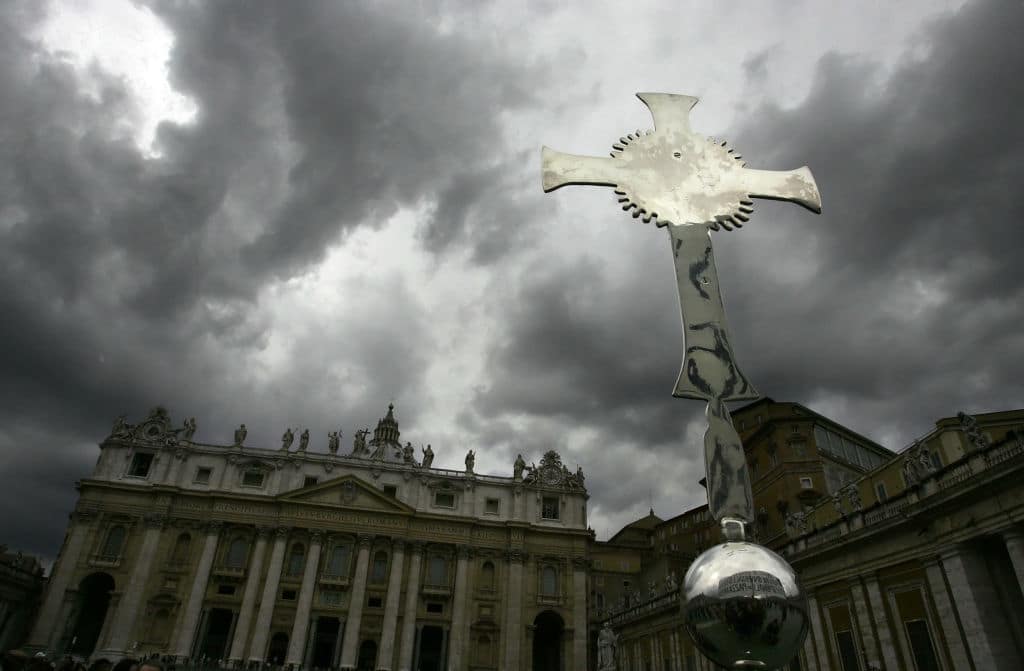<em>It sometimes feels as though the endless flow of clerical abuse scandals will never stop, writes</em> Niall Gooch.
The most recently uncovered perpetrator of sexual abuse in the Church is French cardinal Jean-Pierre Ricard, who has confessed to abusing a 14 year old girl in the 1980s. The Ricard revelations come close on the heels of a 2021 report which estimated that the number of French children abused by clerics since the 1950s may be as high as 216,000.
Some have questioned the methodology of the report, but even if that figure is an overestimate by three or four times, the facts are staggering. In addition to Ricard, there are ten serving or retired French bishops under investigation. Others were not themselves abusers, but covered up or ignored abuse. Earlier this year it was also reported that the Franciscan University of Steubenville in Ohio, USA, had concealed serious sexual misconduct by a priest.
Pope Francis, with a typically colourful turn of phrase, referred to the abuse scandals as the “filth” within the Church. But it is one thing to condemn such actions, but quite another to recover our credibility as an institution that can both deal effectively with abusers when they offend, and more importantly prevent abuse from happening.
It hardly needs to be said that the abuse of children and young people by clergy and religious – and the disgusting attempts to cover up such abuse – has been utterly disastrous for the Church’s witness. Across the developed world, from Britain and Ireland to the US and Australia, if you ask people outside the faith why they aren’t interested in what we have to say, you will hear before too long that we are weak on abuse, that we put the prestige and reputation of the hierarchy above child protection. Not to put too fine or depressing a point on it: the child abuse crisis has shredded our moral authority. This may not be fair; it may be used as a pretext for people who disdain Catholicism for other reasons. Nevertheless, it is a stumbling block that we must overcome.
The question is, how? Sadly it will probably take generations to overcome the reputation for laxity on abuse. Each new revelation, each new case, will constitute a setback. It is especially depressing when a high-profile hero of the faith, like Jean Vanier, is implicated, or when someone known to us turns out to be involved (a priest whose ordination I attended many years ago was convicted of possessing child pornography). It is not much use to rely on the fact that nowadays it seems that priests are less, not more, likely to abuse children than people in similar positions of authority and responsibility. “Not quite as bad as some other professions” is too low a bar!
The Church has undoubtedly made enormous strides in safeguarding here in the UK. But in an age when sexual boundaries are under serious assault, and when it is possible for any priest with an internet connection to embroil himself in some dark temptations, complacency is the enemy. It often seems – as with the scandals around Cardinals McCarrick and O’Brien – that we struggle with transparency, and with creating a culture where the truth can be told. It is this final point that is important above all. The truth will set us free, and there is no replacement for letting light in on sin and failure, despite the pain caused. The only way out is through.



